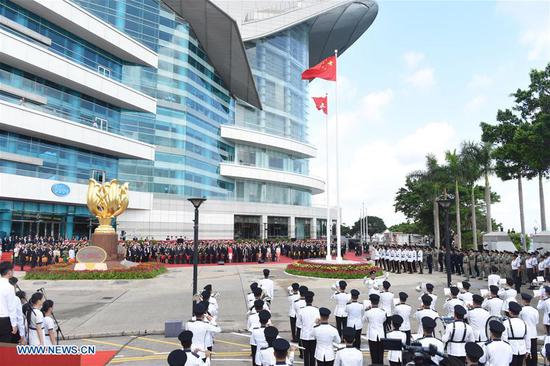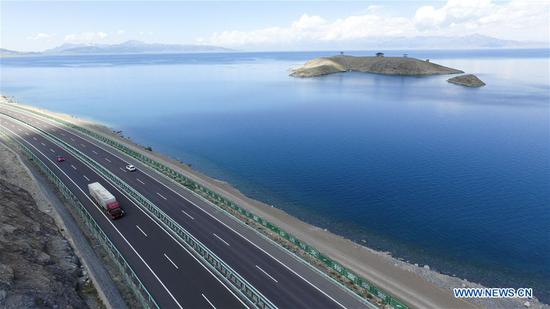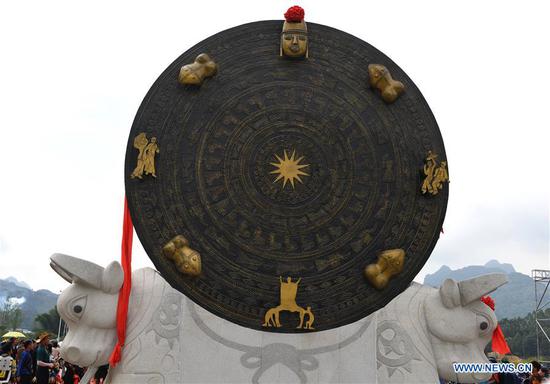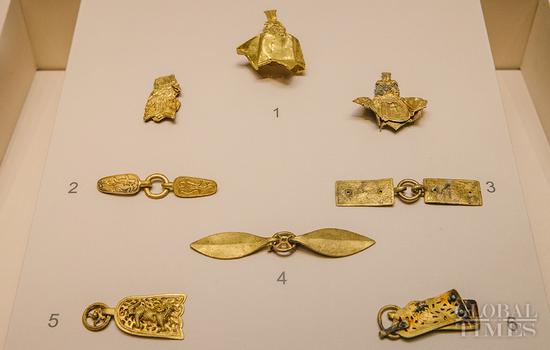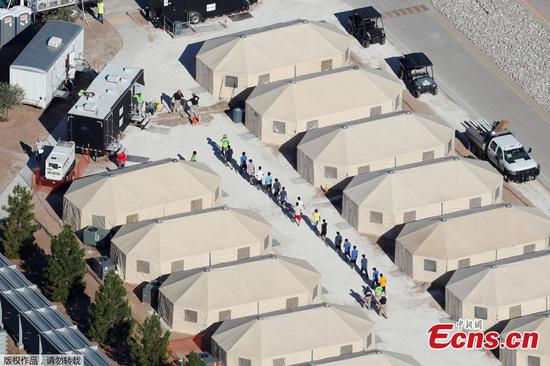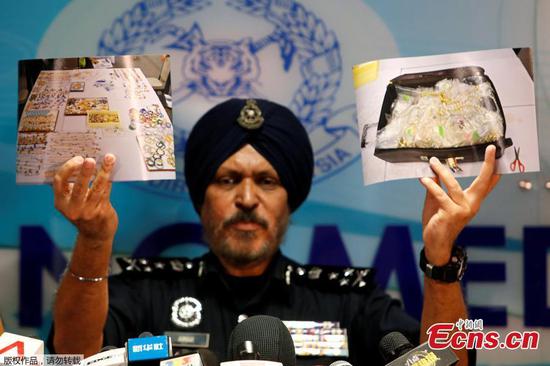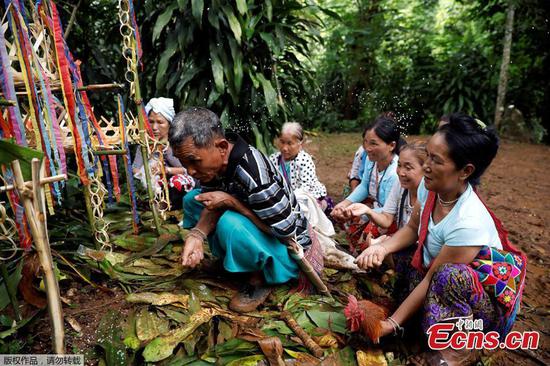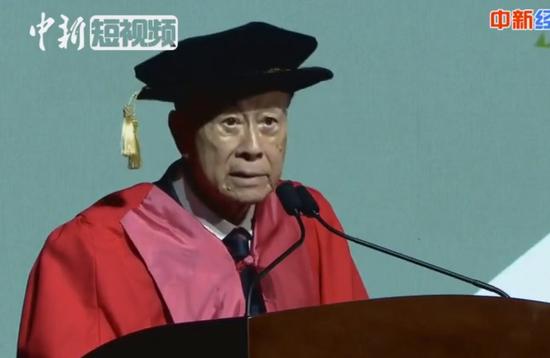China on Saturday unveiled a new negative list for foreign investment in the country's pilot free trade zones (FTZs), with the number of items down to 45 from 95 in the previous version.
The new list, jointly released by the National Development and Reform Commission (NDRC) and the Ministry of Commerce, will be effective starting July 30 this year.
The list applies to all FTZs in the country.
Compared with opening-up measures detailed in a nationwide list that was made public Thursday, the list that applies to FTZs further removes or loosens foreign access restrictions in more fields including agriculture and mining, according to an NDRC statement.
Specifically, foreign investors will be allowed no more than a 66-percent stake in breeding new wheat and corn varieties and their seed production, compared with a cap of 49 percent in the previous list.
Restrictions on joint ventures or foreign cooperation in exploration and exploitation of petroleum and natural gas will be removed.
The list also eased restrictions in the cultural sector, as foreign investors will be allowed to own a majority stake in performing arts agencies.
The new version is also more concise than the previous version, with items subject to special administrative measures listed, making it more comparable to the nationwide list.
The country started to pilot free trade zones in 2013 in the financial hub Shanghai as a means to test new ways of managing foreign investment, trade facilitation, and transformation of government functions to better integrate the economy with international practices.
China now has 11 pilot FTZs. In addition, the central authorities has decided to support the building of a pilot FTZ in the whole of south China's Hainan island.
The negative list approach was first piloted in the Shanghai FTZ. All sectors are open to foreign investors except for those outlined in the negative list.
Saturday's statement came two days after the country unveiled a shortened negative list for foreign investment, which is applicable nationwide.
The number of items on the nationwide list was cut down to 48 from 63 in the previous version.
Under the new list, foreign businesses will gain wider access to sectors including finance, transportation, automobiles, logistics, energy and agriculture.









